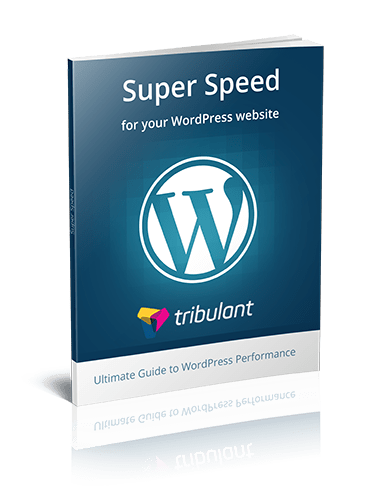
7 Steps to Create a Winning Local SEO Strategy for Your Business

Search Engine Optimization (SEO) is a collection of tactics and strategies aimed at improving a website’s ranking in search engine results. SEO centered on a specific geographic area is known as local SEO and it aids in increasing the visibility of your company to potential clients based on location. Such localized marketing tactics are the best way to get your products or services in front of the right people in your area.
What do you do if you want to find a place to eat in Dubai? You enter “restaurants in Dubai” into Google, which will give you a list of restaurants in the area. And the ones you see on the first result page have the best local SEO strategy. With local SEO, you can enhance the company’s local positioning while also assisting Google by supplying more essential details about your physical location.
And this is the main advantage of working with a local marketing agency. So, if your company is based in the United Arab Emirates, you should look for a reputable SEO agency in Dubai to help you with your local SEO efforts. Local SEO experts are best suited to help you build a strategy that will keep you ahead of your competitors because they understand your target audience’s expectations and demands, as well as their internet behavior.
1. Google Your Company and Your Competitors
To improve your business’ organic positioning, first, you should learn where you stand. Search Google for the terms you want to rank for. This way you’ll know where you and other organizations that also use those keywords appear.
Check the websites and social media profiles of the competitors that rank higher to see what they’re doing that you’re not. This research will also help you build a keyword strategy based on search intention, or how customers would search for you.
2. Find a Keyword-Rich Domain
If you haven’t launched your website yet or are about to do so, it’s crucial to adjust your thinking about a domain for your local business. Perhaps your branding leads you to use your name, like huge organizations with strong corporate identities. If your business is local and localized, you can boost your Google presence by incorporating your business kind and location in the domain.
3. Use Your Hometown in Meta Tags
If you want to sell clothes in Dubai, you must tell Google, and including keywords in meta tags, titles, descriptions, etc., is a great way to do it. However, be careful to not overdo it. Google penalizes sites that are overoptimized. Include keywords naturally.
Google Business Profile lets you govern all the information Google holds about your business. From here, it will take in the information from Google Maps and search files. You must fill out all the tool’s fields and keep them updated.
4. Ask Clients for Google Reviews
To promote a local business, it’s vital to reach your target audience online. Make sure that each customer, whether they’re in-person or online knows how important their opinion is. You can inspire them to do this in different ways. For instance, you can put a QR code in your checkout area, or at the store’s exit, to make it easier for them to provide feedback. Or, you can provide a discount for the reviewer.
5. Unify Your Contact Info Everywhere You’re Listed
Google values accurate, unified business contact information. Your business’s name, address, website, phone number, and email should be the same everywhere. Check that all sites with this data have the same information so Google can trust it, and make changes if necessary.
6. Use Google Maps
Many local business searches are on Google Maps. Mobile devices search by vicinity, so Google Maps users who see you there become potential customers. Fill up your hours, snap images of your store and facade, and make sure your address is correct. You should also add Google Maps to your website.
7. Position Your Photos and Videos
Do you record tutorials for your tools? Do you photograph your store? Virtual catalogs? All of your content can help with local SEO. To increase local positioning in your videos, include relevant keywords such as the town, type of business, or area. Try geolocating or adding your business’s location to image metadata.
Conclusion
Although it’s obvious, the higher the position on the search result page, the more likely the user is to click on your link and visit your website. Take a moment to imagine yourself in the shoes of a search engine user. Are you in the habit of scrolling down to the second page of results to find a match? That’s why it’s important for your website to rank highly on search engines’ first pages.
Dave is a serial entrepreneur who co-founded Shortlist in 2018, a marketing un-agency that serves as an outsourced dedicated marketing team. He has also co-founded Less.churn, a churn reduction app, prior to selling it in 2018. In 2012, he quit his job to travel the world, and has visited over 65 countries.
Website & Email Hosting
Get the best website & email hosting for speed, security, and peace of mind. No restrictions. Freedom to do what you need in order to run your business.




No comments yet